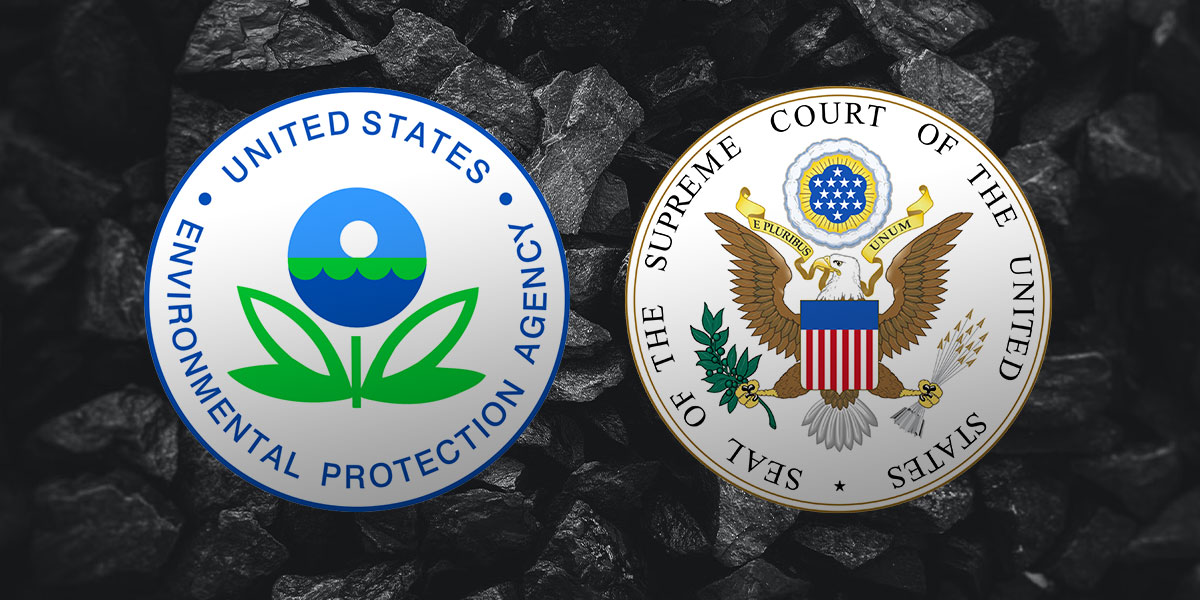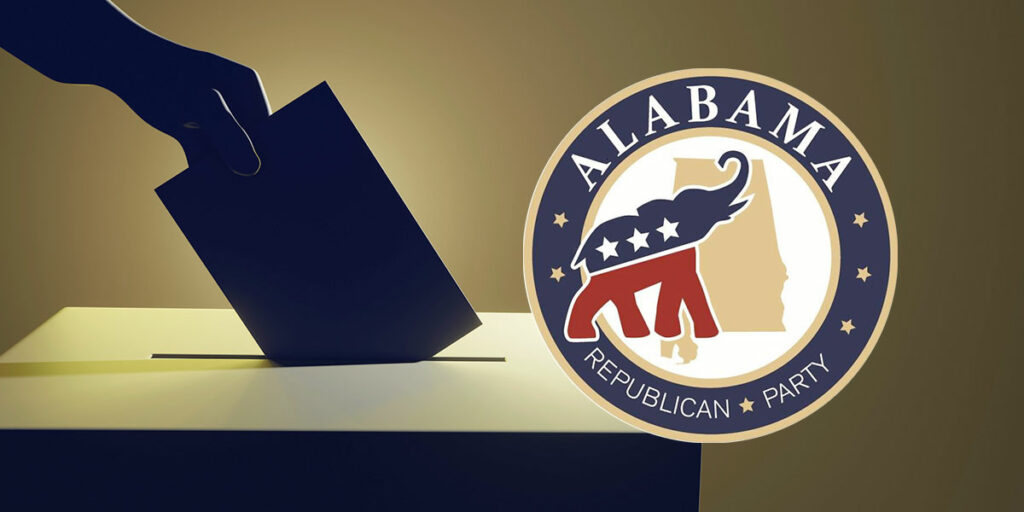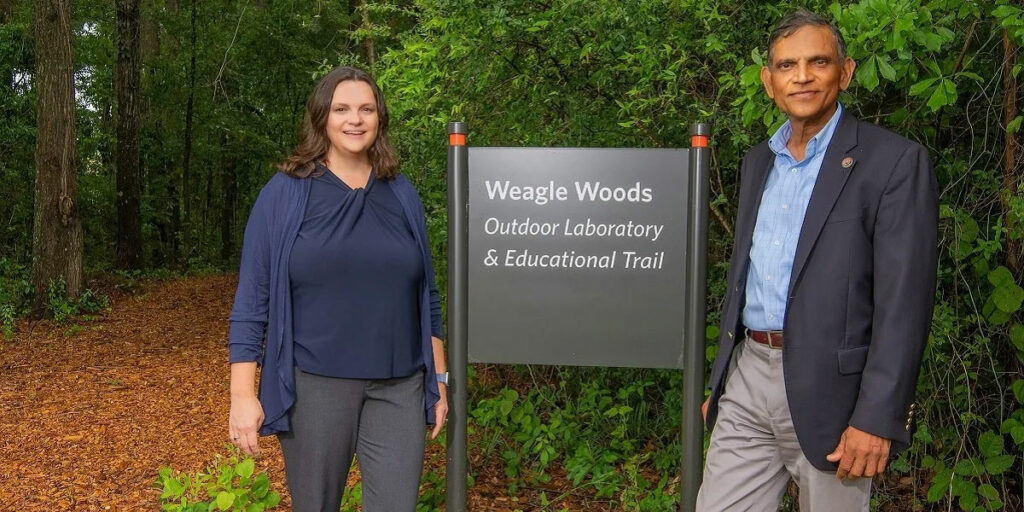In one of the final decisions of a momentous term, the Supreme Court halted the replacement of coal-fired power plants in West Virginia v. EPA. The decision constitutes a major victory for representative government.
Several states and power companies challenged the EPA’s 2015 Clean Power Plan (CPP), which was forcing the early retirement of coal-fired plants. The story starts in 2009 with President Obama’s “cap-and-trade” legislation for the electric power industry to fight climate change. After failing in the Senate, President Obama directed the EPA to enact cap-and-trade via regulation.
To do so, the EPA changed the meaning of pollution control technology in the Clean Air Act. Previously pollution control meant plants could still operate with emissions-reducing measures; EPA sought to replace plants with facilities emitting less carbon dioxide. The court ruled that the Clean Air Act did not give the EPA authority to restructure the electricity industry. Such action would be a “major power.” Here is the Congressional Research Service’s description of the “major power doctrine”: “The Supreme Court has declared that if an agency seeks to decide an issue of major national significance, its action must be supported by clear statutory authorization.”
I completely agree with this philosophy. Legitimate government rests on the consent of the governed. Meaningful consent must be tangible and closely tied to the government power in question. A dictator can always claim popular consent, with the secret police generating displays of support.
In America, consent comes from our elected representatives passing legislation. Reinterpreting existing laws to grant new authority is dictatorial. The same government philosophy justified the Centers for Disease Control claiming control over rental housing for its eviction moratorium.
Even considering the big picture – climate change – I see the Supreme Court as correct. The Clean Air Act dealt with pollutants directly causing harm; smokestacks and auto tailpipes putting out chemicals producing smog. The link between carbon dioxide emissions today and climate changes decades from now is indirect and almost entirely (and necessarily) based on computer models. Climate change differs enough from smog to require separate consent from the people.
Blue state liberals do not see it this way. Massachusetts Senator Elizabeth Warren said, “Our planet is on fire, and this extremist Supreme Court has destroyed the federal government’s ability to fight back. This radical Supreme Court is increasingly facing a legitimacy crisis, and we can’t let them have the last word.”
This is nonsense. The court did not say Washington could not reduce greenhouse gases or close coal-fired power plants, only that Congress must authorize this. If most Americans truly believe that climate change is an existential threat, the House and Senate should be able to pass legislation, even over a Senate filibuster.
Discovering authorization for major policies through decades-old laws undermines self-governance and rejects the moral equality of the citizens of a free nation. Citizen participation in regulatory rulemaking is negligible. Proposed regulations have a public comment period and regulatory agencies must “respond” to comments. But agencies can proceed despite negative comments.
Citizens of a free nation should respect each other. A citizen unable to convince her fellow citizens through reasoned argument of the propriety of government action is obligated to respect this disagreement. Genuine consent must also be voluntary. Verbally abusing or firing dissenters from their jobs or censoring information violates genuine consent.
Enacting climate change policies in quasi-authoritarian fashion will almost certainly prove self-defeating. Reducing the future costs of global warming will require consistent application of policies for decades. Sustaining such policies over time requires the considered consent of most Americans.
Politicians who feel justified in imposing policies absent the genuine consent of the governed must, it seems to me, view themselves as superior to others. Their opinions count more than those of others and are never the ones in error. Elitist politicians should not govern a free country.
Daniel Sutter is the Charles G. Koch Professor of Economics with the Manuel H. Johnson Center for Political Economy at Troy University and host of Econversations on TrojanVision. The opinions expressed in this column are the author’s and do not necessarily reflect the views of Troy University.













